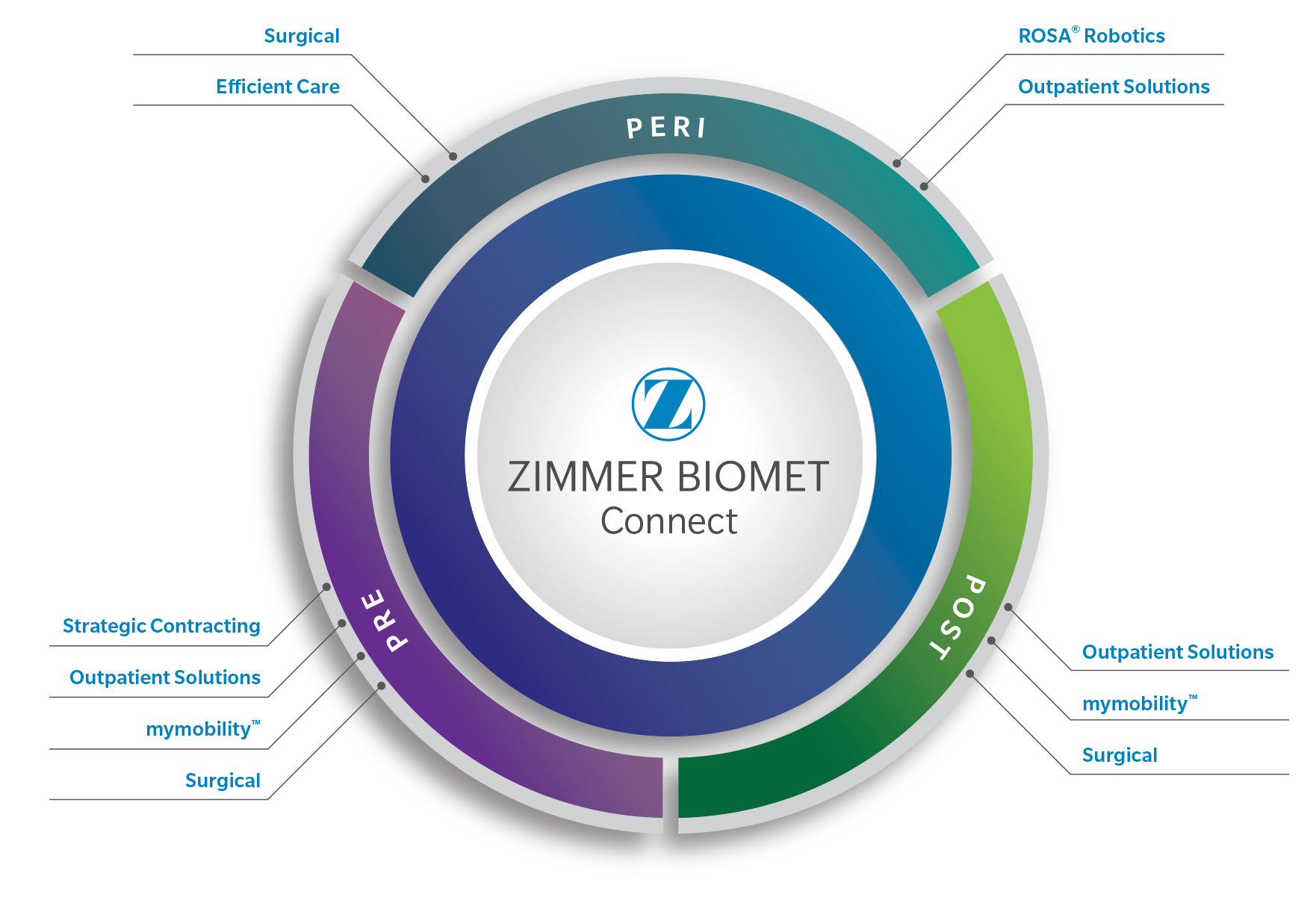If you and your surgeon decide that total elbow replacement is right for you, a date will be scheduled for your surgery. Several things may be necessary to prepare for surgery. For example, your surgeon might ask you to have a physical examination by your primary care physician. This will help to ensure that other health problems you may have, such as diabetes or high blood pressure, will be identified and treated before surgery.
Your doctor may suggest that you lose weight and initiate an exercise program. If you smoke, be sure to speak with your doctor about it, as smoking can dangerously increase surgical risks and slow down the healing process.
You should also finish any dental work that may be underway to prevent germs in your mouth from entering the bloodstream and infecting the joint. It is likely that you will need blood during elbow surgery, and your surgeon may place an order with the blood bank in case a transfusion is needed. If you prefer, or if your surgeon feels it is needed, you may want to donate your own blood ahead of time to reduce the risk of your body reacting to the blood transfusion.




